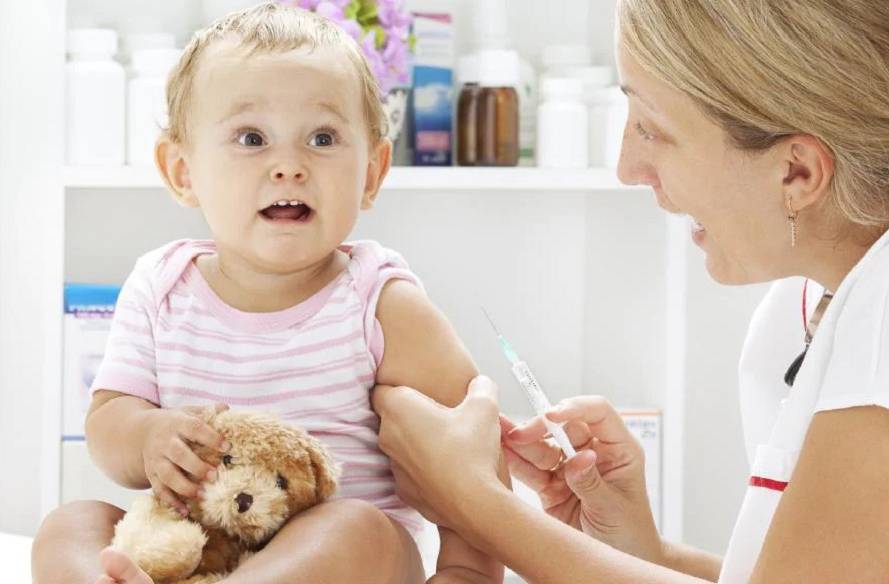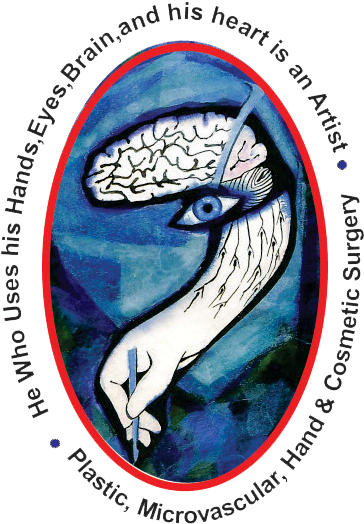Pediatric Vaccination
Vaccines are important to prevent getting serious illnesses. Here is a list of recommended pediatric vaccines from birth to age 18. Please talk with your child’s doctor about the vaccines your child needs and when.

Pediatric Vaccination Schedule
Vaccines are important to prevent getting serious illnesses. Here is a list of recommended pediatric vaccines from birth to age 18. Please talk with your child’s doctor about the vaccines your child needs and when.
DTaP – Diptheria, Tetanus, and Pertussis
- Given at 2 months, 4 months, 6 months, once between 15 and 18 months, once between 4 and 6 years and once between 11 and 12 years old
HepA – Hepatitis A
- Given once between 12 months and 2 years old
HepB – Hepatitis B
- Given at birth, once between 1 and 3 months, and once between 6 months and 2 years old
Hib – Haemophilus Influenza Type b
- Given at 2 months, 4 months, 6 months and once between 12 months and 18 months old
HPV – Human Papiliomavirus
- Given between 11-12 years old
Influenza – Flu
- Given yearly starting at 6 months old
IPV – Polio
- Given at 2 months, 4 months, once between 6 months and 18 months old, and once between 4 and 6 years old
MMR – Measles, Mumps and Rubella
- Given at 12 months, 15 months and once betweewn 4 and 6 years old
MCV4 – Meningoccoal
- Given between 11 to 12 years and a booster between 12 and 18 years old
PCV – Pneumoccal
- Given at 2 months, 4 months, 6 months, and once between 12 months and 18 months old
RV – Rotavirus
- Given at 2 months, 4 months and 6 months old
Varicella – Chickenpox
- Given at 12 months, 15 months and once between 4 and 6 years old
Questions? We got Answers!
Children do not receive any known benefits from following schedules that delay vaccines.
Infants and young children who follow immunization schedules that spread out or leave out shots are at risk of developing diseases during the time you delay their shots. Some vaccine-preventable diseases remain common and children may be exposed to these diseases during the time they are not protected by vaccines, placing them at risk for a serious case of the disease that might cause hospitalization or death.
Young children have the highest risk of having a serious case of disease that could cause hospitalization or death. Delaying or spreading out vaccine doses leaves your child unprotected during the time when they need vaccine protection the most.
For example, diseases such as Hib or pneumococcus almost always occur in the first 2 years of a baby’s life. And some diseases, like Hepatitis B and whooping cough (pertussis), are more serious when babies get them at a younger age. Vaccinating your child according to the CDC’s recommended immunization schedule means you can help protect him at a young age.
Yes, even breastfed babies need to be protected with vaccines at the recommended ages. The immune system is not fully developed at birth, which puts newborns at greater risk for infections.
Breast milk provides important protection from some infections as your baby’s immune system is developing. For example, babies who are breastfed have a lower risk of ear infections, respiratory tract infections, and diarrhea. However, breast milk does not protect children against all diseases. Even in breastfed infants, vaccines are the most effective way to prevent many diseases.
No, even young children who are cared for at home can be exposed to vaccine preventable diseases, so it’s important for them to get all their vaccines at the recommended ages.
Children can catch these illnesses from any number of people or places, including from parents, brothers or sisters, visitors to their home, on playgrounds or even at the grocery store. Regardless of whether or not your baby is cared for outside the home, she comes in contact with people throughout the day, some of whom may be sick but not know it yet.
If someone has a vaccine preventable disease, they may not have symptoms or the symptoms may be mild, and they can end up spreading disease to babies or young children. Remember, many of these diseases can be especially dangerous to young children so it is safest to vaccinate your child at the recommended ages to protect her, whether or not she is in child care.

